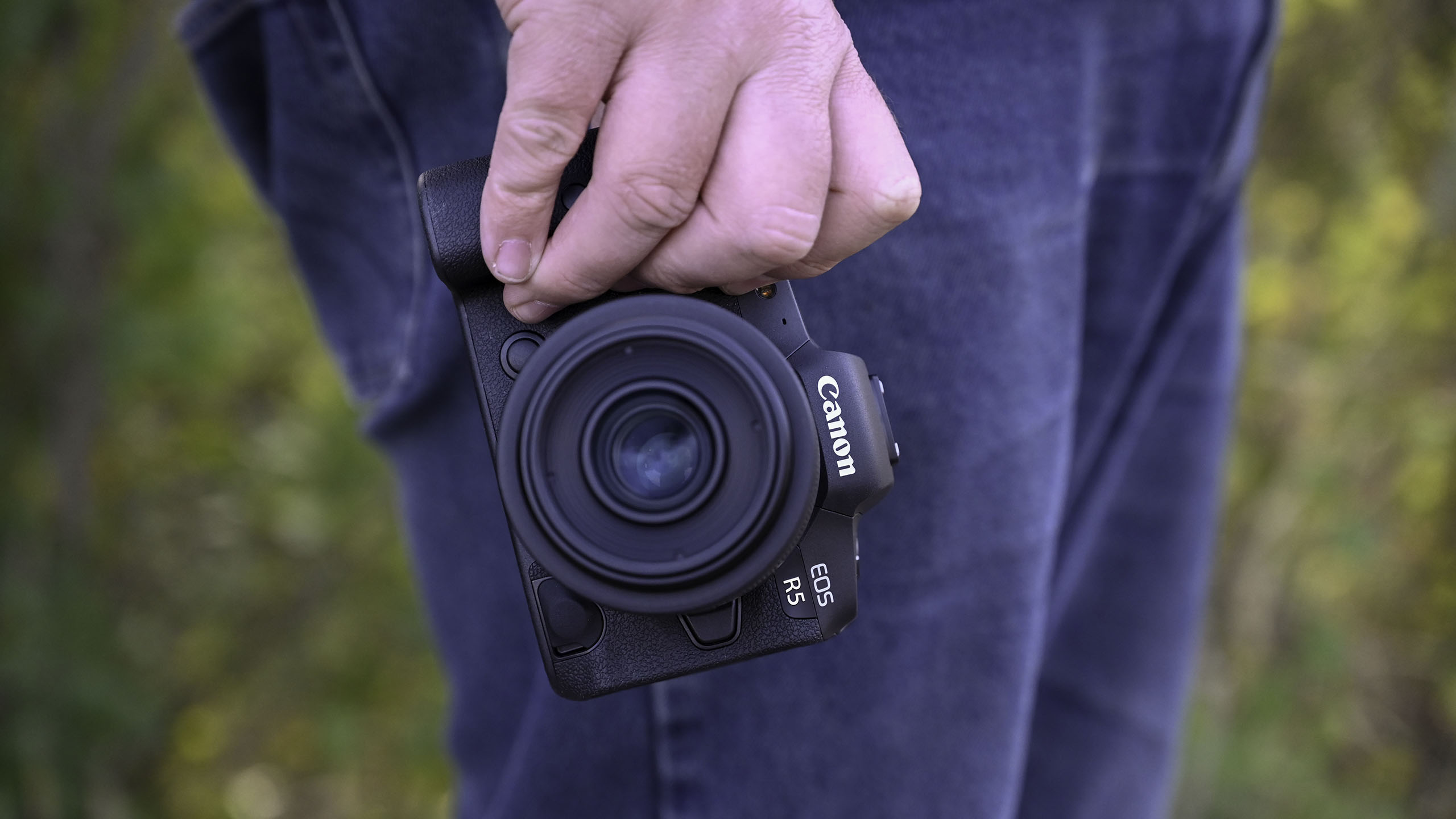If you like to capture incredible amounts of detail in your landscape images, you need to check out these mirrorless, high-megapixel cameras that use some of the best sensors in the business.
Modern mirrorless cameras are packed full of tech that makes capturing tough scenes easy. Today’s cameras have sensors that offer high-megapixel counts and high dynamic range. In addition, the cameras now have pin-sharp LCDs and EVFs that can help you see tiny details before you take the shot.
In addition, IBIS is at a point where you no longer need tripods (unless you’re doing long exposures). IBIS also introduces pixel shift technology that can help create incredibly-detailed hi-res shots. Mirrorless cameras now are now built as tough as some DSLRs, too. These are just a few mod cons landscape photographers who want to use mirrorless cameras should be excited about.
In this roundup, we’ll take a quick look at five high-megapixel cameras (listed in no particular order) that offer everything modern landscape photographers need. These cameras are rugged, feature-packed, capture stunning amounts of detail, and are easy to use. So, let’s check them out.
Nikon Z7 II — The high-megapixel dark horse for landscape photography
The Nikon Z7 II is a camera many photographers scoff at, but there’s no reason to hate this camera; in fact, there’s a lot to love. The 45.7-megapixel sensor is fantastic. Landscape photographers will enjoy the 14.7 stops of dynamic range and class-leading ergonomics. Some of my favorite landscape shots have come from this camera and the gorgeous Z mount lenses Nikon has created.
Pair the Z 7 II with a lens like the Z 14-24mm f/2.8, and your images will bring a massive smile to your face. The EVF and LCD are fantastic. The autofocus (493 AF points) is much improved over the original Z7. There’s plenty of weather sealing and dual card slots. The 5-axis IBIS is stellar. Timed long exposure shooting is also possible. You can now shoot for up to 900 seconds (15 minutes), allowing you to create spectacular long exposures. For under $3,000, the Z7 II might be for you.
Panasonic Lumix S1R — High dynamic range, rugged build and more
The full-frame Panasonic Lumix S1R is overlooked by many. This is a shame because this high-megapixel camera is terrific. The 47.3-megapixel backside-illuminated sensor offers just over 14 stops of dynamic range. The sensor also sits in a body that’s as tough as they come. Panasonic spared no expense when creating this camera. The S1R is dust, water, and freezeproof. Take that, Mother Nature.
Aside from the sensor, you will find that the IBIS is excellent. You can also use pixel shift technology to create stunning 187-megapixel images. There are two card slots: a 5.76m dot EVF, a crisp 2.1m dot LCD, and a great battery life. The Panasonic S1R should be on the radar of every landscape photographer looking for a new mirrorless camera.
Sony a7R IV — A tried and true high-megapixel warrior
The Sony a7R IV is a fantastic camera for the money. Sony improved the ergonomics of the a7R IV so that it feels great in hand. On top of that, Sony also improved the weather sealing. However, the part most landscape photographers will be interested in is the 61-megapixel full-frame sensor. This silicon captures incredible amounts of detail and offers an impressive dynamic range of 14.77 stops.
The sensor is paired up with a brilliant image processor and one of the best autofocus systems around. You’ll also find the usual extras like dual card slots, an excellent EVF and a recently updated, higher resolution LCD. Don’t forget about the 5-axis IBIS, either. This camera also gives you access to the most comprehensive lens library in the mirrorless camera world. Capturing high-megapixel images filled with detail is easy and enjoyable with this camera.
Canon EOS R5 — The best Canon camera for landscape photography
The Canon EOS R5 is a fantastic camera for landscape photography. The Canon-designed 45-megapixel sensor is mighty. With 14.6 stops of dynamic range, this sensor can deliver detail-rich images in challenging lighting situations. During our review period, we had no problems recovering tons of detail from highlights and shadows.
The EOS R5 also boasts one of the best autofocus systems on the market. There’s a great LCD and EVF that makes seeing what you are about to capture easy. Dual card slots (UHS-II and CFexpress) give you storage flexibility. The R5 has tons of weather sealing, and it’s also very easy to use, thanks to the class-leading IBIS and user-friendly menus. The R5 is one high-megapixel camera you don’t want to ignore.
Fujifilm GFX100S — The GOAT of high-megapixel mirrorless cameras
The Fujifilm GFX 100S is an absolute titan when it comes to landscape photography. This larger than full-frame camera (it’s not quite medium format) packs a 102-megapixel sensor. Amazingly, Fujifilm stuffed it into a body that’s not much larger than today’s full-frame mirrorless cameras. It even has a very effective IBIS system packed inside.
The GFX 100S is fully weather-sealed. You can shoot 400-megapixel images with the hi-res mode. The autofocus system is also on par with a lot of full-frame cameras. Dual card slots, a nice LCD and EVF, and excellent ergonomics make this camera ideal for landscape work. The camera is not cheap; still, if you want the best image quality possible, this is one of your best options.
Source link








Leave a Reply